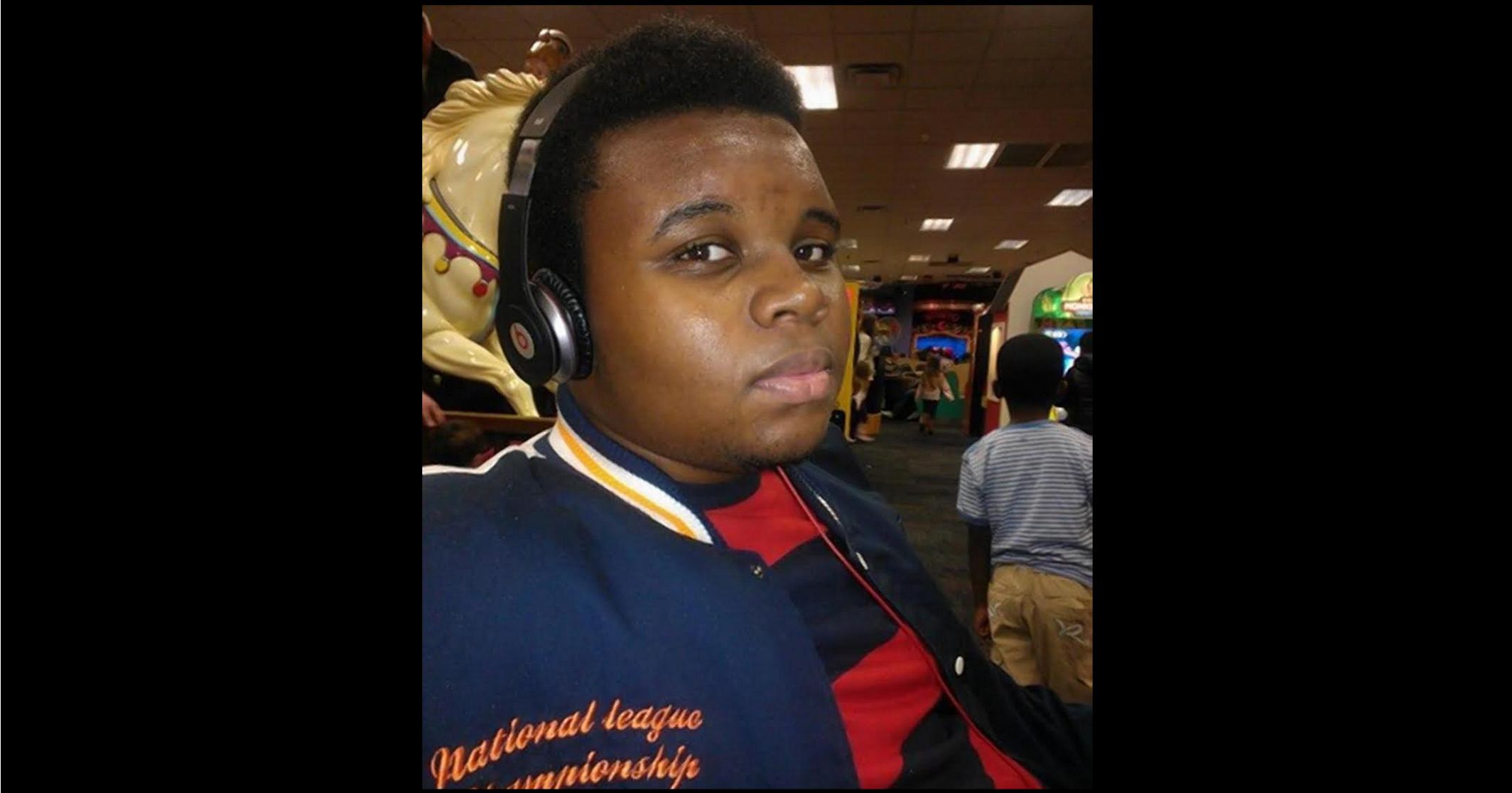Police Burned This Mentally Ill Man on the Hot Pavement and It Reveals a Big Problem with Training

By:
A man with a mental illness was taken to a burn unit after police held him down on hot pavement. James Bradford Nelson III, who is still hospitalized, reportedly remembers little about the incident, but reports and pictures tell a gruesome story.
The Sacramento Bee reported that on June 23, officers from the Citrus Heights Police Department received a call that Nelson was acting erratically at a Kentucky Fried Chicken. When police arrived they pinned the 28-year-old man, who was not wearing a shirt, on the ground in the parking lot on a 100-degree day. The Bee reported that, according to estimates by the National Weather Service, the temperature of the asphalt would have been nearly 170 degrees and noted, for comparison, that eggs begin frying at 144 degrees.
Police said that Nelson became combative and tried to run away from them, and that he will face charges of robbery, substance abuse and resisting a peace officer.
“He had a schizophrenic episode, and now he’s fighting for his life,” Nelson's mother Tarsha Benigno told the Bee from the hospital. “Even a dog doesn’t deserve to be treated like this." Nelson is reportedly heavily medicated to to treat his pain, and did not immediately remember what happened.
Benigno said that her son's mental illness leaves her in constant worry about potential interactions with police.
“He’s been caught up in a vicious cycle, in and out of the system,” Benigno told the Bee. “It’s terrible to worry every day about your child causing trouble because he is mentally ill.”
People on Twitter shared their personal worries about family members with mental illness.
People who suffer from mental illness are killed by police at higher rates.
Between one-third and one-half of the people killed by police officers have a form of disability, according to a 2016 report by the Ruderman Family Foundation, an organization dedicated to raising awareness about people with disabilities. The Foundation's report says that Sandra Bland, Michael Brown, and Tamir Rice all had a form of disability.

When LaQuan McDonald was shot by Chicago police in 2014, while acting erratically, reporting in the wake of the incident revealed that he suffered from post traumatic stress syndrome and other mental health issues. A Washington Post analysis of shootings by police in the first half of 2015 found just over 25 percent of the people killed were "in the throes of emotional or mental crisis" when the were killed. And nearly half of those people were "explicitly suicidal."
 Flickr/Johan Larsson - flickr.com
Flickr/Johan Larsson - flickr.com
Representatives for the police have said that officers are routinely put in situations where they're forced to act as a de facto mental health support system.
“We aren’t psychiatrists or psychologists,” Tom Saggau, spokesperson for the Los Angeles Police Protective League told Vice News. “Yet we’re put in these situations because the system that should be in place is failing, and puts this burden on us.” As resources for treating mentally ill people have declined, police have increasingly been tasked to de-escalte mental health episodes.
"As mental health problems within communities have increased over the past 40 years, inpatient services have decreased," reads and FBI press release. "Therefore, police departments have had to meet the growing needs of individuals suffering mental health emergencies. Police officers not only are the first responders to these crises but often are the only source of immediate service for urgent mental health activities."
 Todd Lucier/Flickr - flic.kr
Todd Lucier/Flickr - flic.kr
Wilsey Vidal, whose mentally ill son was shot and killed after she called the police to help move him to a facility, said that if the officers had been properly trained the outcome would have been different.
"I feel in my heart my son would be alive," she told CNN in September of 2016.
Some departments have incorporated training to address mental health episodes.
The Memphis Police Department has been holding a voluntary crisis intervention team (CIT) training programs for officers since 1988. The program partners officers with mental health care professionals in the community, and this model has spread to nearly 3,000 police departments across the country, according to PBS.
Amy Watson, a professor at the University of Chicago said that the training make a huge impact on officers' mentality.
"CIT-trained officers seem to have an idea of wanting to take time and wait it out to see if they can get the person to calm down," Watson told CNN. "Non-CIT-trained officers seem to have that point where 'it's on.'"
